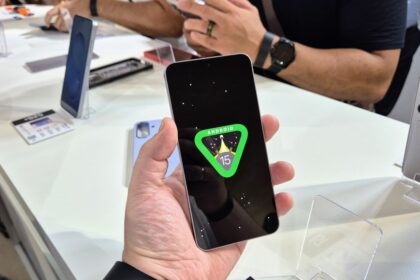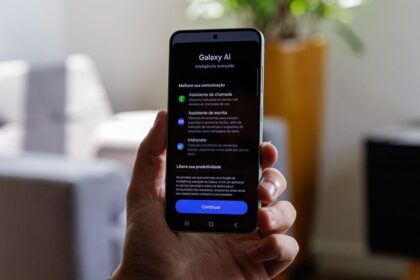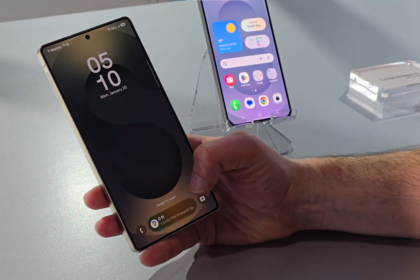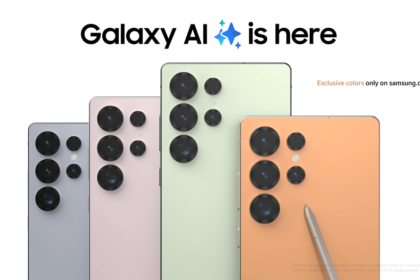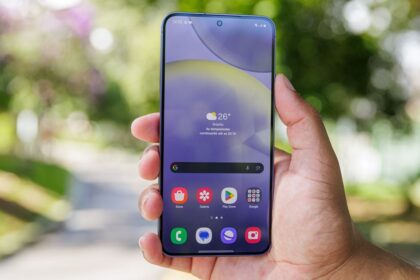Longevity plays a crucial role in the competition between the iPhone (Apple) and Galaxy (Samsung) in the mobile phone market. Alongside hardware specs, it’s essential to consider how long each model will receive system and security updates. These updates ensure access to the latest versions of iOS and Android for several years after purchase.
Apple recently confirmed it provides at least five years of security updates from a device’s release. However, it hasn’t specified a maximum coverage period or the exact models covered. This puts Apple behind Samsung, which has committed to seven years of updates for the Galaxy S24 line, launched in early 2024.
Apple vs Samsung: Which company offers more years of updates?
Apple
Every iPhone is guaranteed at least five years of security updates from its release year by default. For instance, the latest model, the iPhone 15 Pro Max from 2023, will receive updates until at least 2028.
However, Apple generally does not extend iOS updates to devices older than five years. For example, the oldest iPhone compatible with iOS 17 (released in 2023) is the iPhone XR, which came out in 2018.
In other words, while older iPhones will continue to receive security updates and bug fixes beyond the five-year mark, they won’t get updates to new iOS versions.
Samsung
In 2024, Samsung shifted the game by offering a seven-year guarantee for operating system updates and security patches for the Galaxy S24 line. This commitment matches the guarantee provided by Google for the Pixel 8 models, which were released at the end of 2023.
Samsung later extended this seven-year support to some Enterprise Edition devices aimed at businesses. This includes Galaxy XCover 7, Galaxy S24, and Galaxy Tab Active5 models.
For consumer devices available in stores, only the Galaxy S24, Galaxy S24+, and Galaxy S24 Ultra are covered by the seven-year update cycle.
Samsung highlighted this commitment, stating that the Galaxy S24 lineup reflects their dedication to extending the lifecycle of their products, providing seven years of operating system updates and security patches to ensure long-term optimized performance.
However, for mid-range models, Samsung offers a shorter support period. These phones receive up to four generations of Android updates and up to five years of security patches. This policy, adopted in 2022, still applies to 2024 models like the Galaxy A15 5G and Galaxy M55 5G.
Final result
When comparing flagship devices, Samsung has an edge over Apple: the Galaxy S24 has a seven-year guarantee for updates, whereas the iPhone 15 is guaranteed at least five years of updates. However, it’s unclear if it extends much beyond that.
However, Apple holds an advantage in the mid-range segment. The iPhone offers five years of iOS updates, longer than the four years of Android updates provided for Samsung’s Galaxy A and M series models. Additionally, Apple releases iOS updates to all compatible devices on the same day, whereas Samsung’s Android updates can take months to reach its entire lineup.
Why is it important?
Many people indeed upgrade their phones frequently, but the length of a device’s support cycle is important when buying a newer model. For instance, someone buying an iPhone 14 in 2024 can expect iOS updates until 2027, making it a better choice than older models like the iPhone 11 or iPhone 12, which are nearing the end of their update cycle.
Operating system updates can be demanding on older hardware, so choosing a device with a longer support period is wise to ensure you get the best value over time.
Regarding iOS 18, Apple hasn’t yet confirmed the list of compatible models, but you can get an idea of which phones will likely receive the update in 2024.






